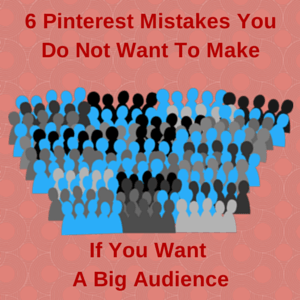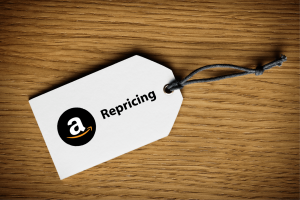by Oren Netzer, Op-Ed Contributor, August 11, 2016
Part 1 and Part 2 of this series examined how bidding directly on long-tail keywords improved all front-end metrics, including click-through rates, cost per click and average position. Part 3 examined how adding long-tail keywords increases overall impression share. In this fourth and final installment, the analysis examines how bidding directly on long-tail keywords can help improve back-end metrics such as conversion rates and cost per acquisition.
Long-Tail Keywords Have Higher Conversion Rates and Lower Cost Per Acquisition
Bidding on long-tail keywords creates a better match between user intent, as expressed through the search query, and the landing page. Furthermore, bidding on specific long-tail keywords helps marketers avoid users who are less likely to buy and who would otherwise been have exposed to the ads via broad match. It also helps them focus the ad spend on the best potential customers. As a result, conversion rates and cost per acquisition are positively affected.
In fact, the effect on cost per acquisition is twofold — a higher conversion rate translates to a lower cost per acquisition, and a lower cost per click (as examined in Part 1) further contributes to a lower cost per acquisition. This creates a compounding effect on cost per acquisition, and it is not uncommon to find that the cost per acquisition of the long-tail keywords is less than half of the cost per acquisition for head terms or broad and phrase match terms. The charts below illustrate just one example of how we have seen this effect result in efficiencies at both places in the performance metrics for one client.

Summary
Properly adding and managing long-tail keywords can have an immediate and significant impact on the performance of your paid-search campaigns. It’s been true for many years and becomes more and more important as consumers start using voice search and search queries become longer and more varied.
While long-tail keywords can make a huge difference for your paid-search campaigns, the vast majority of marketers do not yet have a long-tail keyword strategy. The main reason had been the complexity and resources required to implement an effective strategy.
MediaPost.com: Search Marketing Daily
(55)
Report Post






